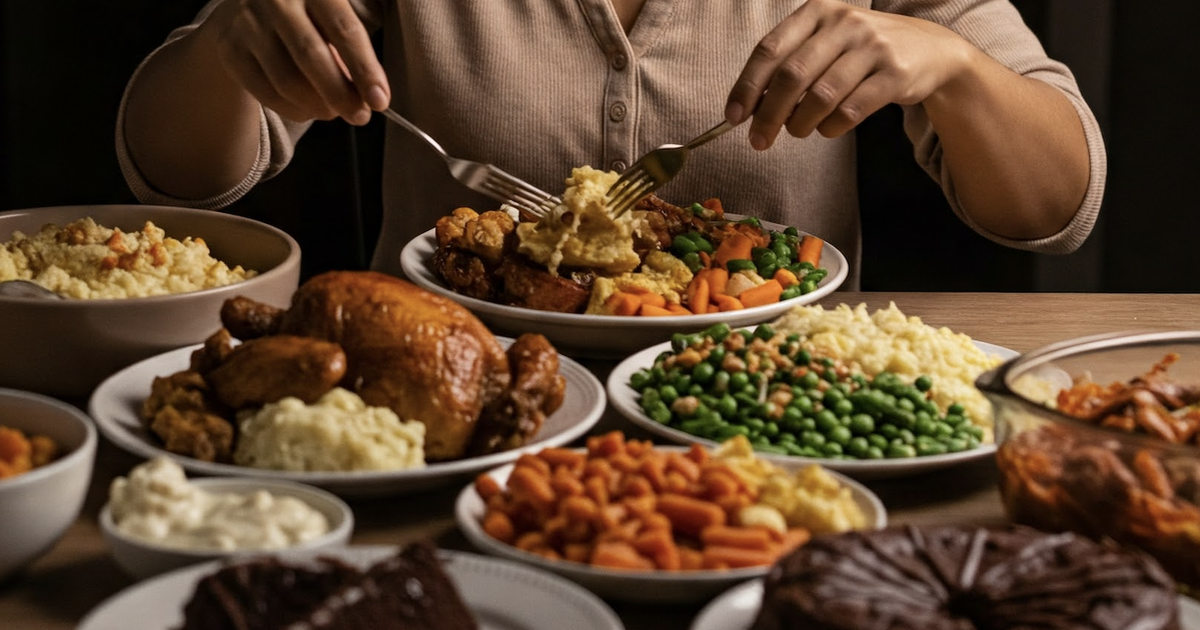Abdominal pain, iron deficiency anemia, unintentional weight loss, and persistent diarrhea are early symptoms of colorectal cancer in young adults.
Colorectal cancer is common in people over 50 years old. However, in recent years, the disease has tended to increase in young people. Symptoms of colorectal cancer are rarely noticed in the early stages of the disease. Below are 5 "red flag" symptoms that can be signs of early-onset colorectal cancer in young people.
Abdominal pain : Tumors in the rectum cause digestive disorders. In most cases, colorectal cancer causes abdominal pain symptoms such as cramps, abdominal pain of unknown cause.
Anemia, iron deficiency : Prolonged gastrointestinal bleeding can lead to anemia, iron deficiency. Symptoms associated with anemia include dizziness, fatigue, and pale skin. Chronic blood loss from colorectal cancer can also cause a decrease in red blood cell count. A person whose blood test results show a low red blood cell count should be screened as soon as possible.

Fatigue and dizziness due to iron deficiency anemia. Photo: Freepik
Persistent diarrhea : Another early symptom of colorectal cancer is persistent constipation, diarrhea, or other bowel changes. This condition is explained by a tumor in the rectum partially blocking the digestive tract, causing digestive disorders.
Unexplained weight loss : Unintentional weight loss is defined as a loss of at least 5% of body weight over a period of 6-12 months. If a person experiences rapid, unexplained weight loss, early cancer screening is recommended as it could be a sign of colorectal cancer.
Rectal bleeding : Colon cancer often causes bleeding in the digestive tract. This blood is usually dark red or black. Rectal bleeding may occur when the patient urinates or defecates.
According to the American Cancer Society, the number of colorectal cancer cases diagnosed in the under-55 age group doubled from 11% to 20% between 1995 and 2019. In an analysis of more than 5,000 young patients with colorectal cancer, experts found that the more symptoms a patient had at the same time, the higher their risk of colorectal cancer.
Specifically, people with one symptom nearly double their risk of developing the disease; two symptoms increase the risk of developing the disease by more than 3.5 times, and three or more symptoms increase the risk of developing the disease by more than 6.5 times.
Colon cancer, if detected at an early stage, has a higher chance of being cured. To proactively prevent colorectal cancer, each person, especially young people, can adjust their lifestyle by maintaining a weight appropriate to their height, avoiding obesity to reduce inflammatory complications, reducing the risk of disease; exercising regularly, about 20-30 minutes a day. Quitting smoking, reducing alcohol; increasing fiber; choosing healthy fats such as seed oil, flax oil, fish oil, olive oil and canola oil... also helps prevent the disease.
Regular health check-ups and monitoring of disease symptoms for early screening are also ways to increase the chances of curing and surviving colorectal cancer.
Anh Chi (According to Very Well Health )
Source link


![[Photo] General Secretary To Lam receives French Ambassador to Vietnam Olivier Brochet](https://vstatic.vietnam.vn/vietnam/resource/IMAGE/2025/4/17/49224f0f12e84b66a73b17eb251f7278)
![[Photo] Nhan Dan Newspaper announces the project "Love Vietnam so much"](https://vstatic.vietnam.vn/vietnam/resource/IMAGE/2025/4/17/362f882012d3432783fc92fab1b3e980)
![[Photo] National Assembly Chairman Tran Thanh Man meets with outstanding workers in the oil and gas industry](https://vstatic.vietnam.vn/vietnam/resource/IMAGE/2025/4/17/1d0de4026b75434ab34279624db7ee4a)
![[Photo] Promoting friendship, solidarity and cooperation between the armies and people of the two countries](https://vstatic.vietnam.vn/vietnam/resource/IMAGE/2025/4/17/0c4d087864f14092aed77252590b6bae)

![[Photo] Closing of the 4th Summit of the Partnership for Green Growth and the Global Goals](https://vstatic.vietnam.vn/vietnam/resource/IMAGE/2025/4/17/c0a0df9852c84e58be0a8b939189c85a)


























![[Photo] Welcoming ceremony for Chinese Defense Minister and delegation for friendship exchange](https://vstatic.vietnam.vn/vietnam/resource/IMAGE/2025/4/17/fadd533046594e5cacbb28de4c4d5655)



























![[Video] Viettel officially puts into operation the largest submarine optical cable line in Vietnam](https://vstatic.vietnam.vn/vietnam/resource/IMAGE/2025/4/17/f19008c6010c4a538cc422cb791ca0a1)






































Comment (0)